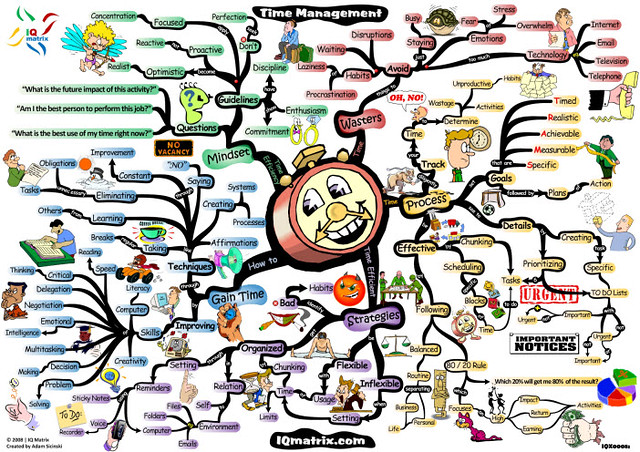My designation to a higher position impacted on the rank of this site. I could not write just like before as my tasks zap my energy to levels that prevent me from writing online. But I need to make updates or new blogs to keep this site going and at least maintain its rank and audience. The importance of time management comes into the picture.
Being designated a higher position next to the highest position in the organization means having to contend with so many administrative tasks — tasks that require an entirely different work atmosphere that left me very little time to do research work.
The Importance of Time Management
But is time an issue? Is it not because of how we handle time?
Despite the heavy workload, I was able to do some tasks related to at least two research projects specifically on human waste management and the time-consuming systems analysis of water pollution in El Nido, a popular tourist destination in the northern part of Palawan Island. Two other projects on community empowerment and a book project on endangered species of wildlife await. Earlier, I finished a book project on endemic, charismatic and amazing wildlife of Palawan where I live.
I once felt overwhelmed, incompetent and guilty of not being able to do what I should do in the projects where I am involved. But upon reading a book on time management titled “Effective Time Management” by John Adair, I changed my perspective.

I discovered that I am using my time optimally, meaning, I should not feel guilty of not being able to do what I need to do. Using Time Tracker, a free software I use in Zohrin, a Linux distribution, I realized that I am not wasting any time at all. I just need to prioritize my work. And of course, I also need rest to let my brain take and body take much-needed rest.
Time for Exercise
Indeed, the work that I do is stressful, but I cope up with regular one to two hours of exercise in the morning. This time is allocated specifically for this purpose. I give premium to exercise as I found out that my stresses are gone after I finish my two or three-mile run. In fact, I have run four 10Ks in the past two years. My best time so far is 1 hour and two minutes last April. I hope to get a sub-hour on my next run, or I might as well try the 21K. Running this distance without stopping is a product of regular 2-3 mile runs for the past four years. Running at least three times a week made this possible.
As workers, how can exercise help us? According to Mochon, Norton, and Ariely (2008) regular activities like exercise, give positive boosts that bring higher well being. Incremental boosts provided by training had a cumulative positive impact on well-being.
Hence, don’t underestimate the importance of time management particularly including exercise in it. Exercise reduces not only stress but also improves learning and mental performance (Cotman and Berchtold, 2002). Regular physical exertion enables researchers to do more mental work and face all work tasks with a general feeling of well-being. It must be an integrated part of your time management program.
References
Cotman, C. W., & Berchtold, N. C. (2002). Exercise: a behavioral intervention to enhance brain health and plasticity. Trends in neurosciences, 25(6), 295-301.
Mochon, D., Norton, M. I., & Ariely, D. (2008). Getting off the hedonic treadmill, one step at a time: The impact of regular religious practice and exercise on well-being. Journal of Economic Psychology, 29(5), 632-642.



